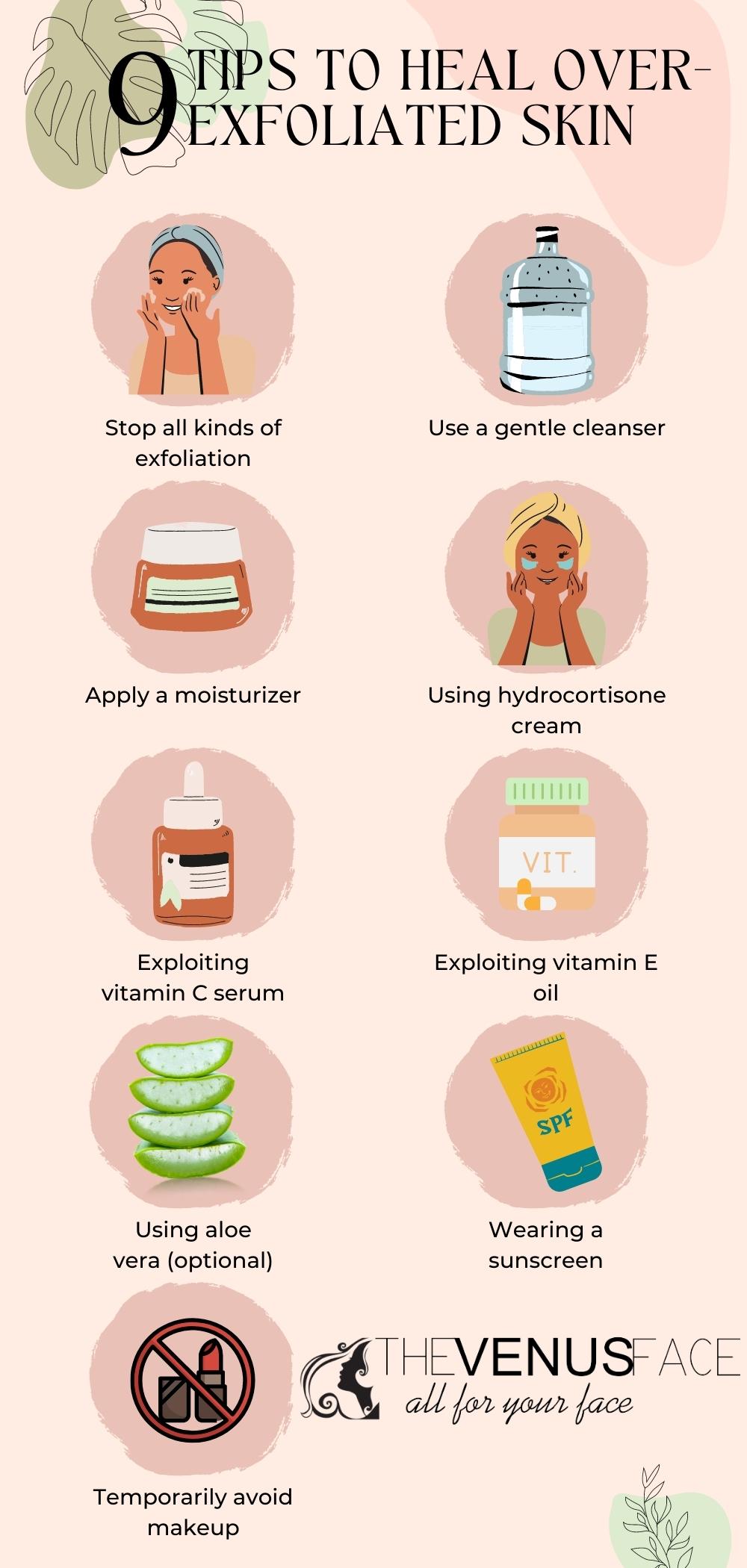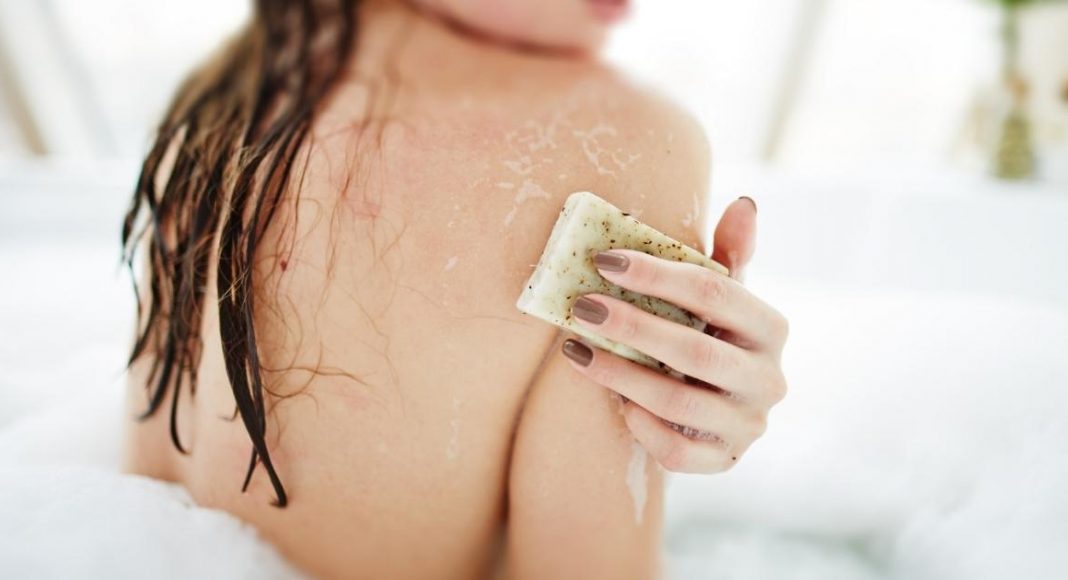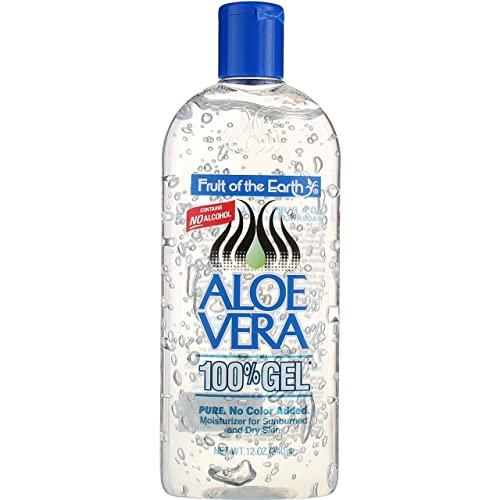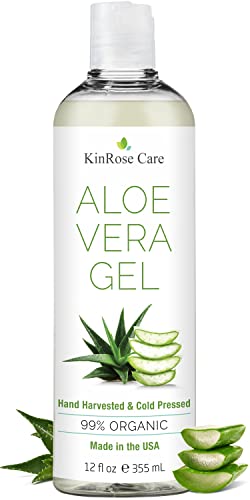In this article, we will discuss how to heal over-exfoliated skin.
Exfoliation is the process of removing dead skin cells from the surface of the skin. This can be done mechanically, with a brush or scrub, or chemically, with a product that contains an exfoliating agent such as glycolic acid or salicylic acid. Exfoliation is important for maintaining healthy skin because it helps to prevent pores from becoming clogged, and it also allows skincare products to penetrate deeper into the skin. In addition, exfoliation can help to improve the appearance of the skin by making it look brighter and more radiant. For best results, exfoliation should be carried out on a regular basis. However, when you over-exfoliate your skin, it can become dry, red, and irritated. If this happens, you should reduce the frequency of your exfoliation until your skin has had a chance to recover. Besides that, there are things you should do to fasten the healing process.

Signs that you are over-exfoliating
There are several signs that you may be over-exfoliating your skin. These include:
- Dryness: Over-exfoliation can strip the natural oils from your skin, leading to dryness.
- Redness: Exfoliating too much can irritate the skin and cause redness.
- Sensitivity: Your skin may become more sensitive to touch or other stimuli if you over-exfoliate.
- Peeling: If you are exfoliating too much, you may notice that your skin begins to peel.
- Irritation: Over-exfoliation can cause the skin to become inflamed and irritated.
If you notice any of these signs, it is important to reduce the frequency of exfoliation until your skin has had a chance to recover. In addition, there are a few things you can do to help heal your skin.
9 tips to heal over-exfoliated skin
Fixing over-exfoliated skin is easy but it takes time. Simply following these steps can help:
1. Stop all kinds of exfoliation
This includes both physical and chemical exfoliation. If you are using a product with an exfoliating agent, stop using it until your skin has healed. In addition, avoid using any brushes or scrubs on your skin.
2. Use a gentle cleanser
Avoid cleansers that contain harsh ingredients such as sulfates. Instead, opt for a gentle, hydrating cleanser. Choose a cleanser that is:
- Mild
- Non-foaming. No anti-aging properties
- Free of fragrances, dyes, and other harsh chemicals ingredients
3. Apply a moisturizer
Choose a moisturizer that is suitable for your skin type. If you have dry skin, look for a product that contains hyaluronic acid or glycerin. If you have oily skin, look for moisturizers that are oil-free and non-comedogenic. In addition, avoid using moisturizers that contain fragrances or other harsh chemicals.
4. Using hydrocortisone cream
This cream plays a vital part in the healing process as it helps to soothe and protect the skin. Simply mix the 1% hydrocortisone cream with your regular moisturizer and apply it to your skin. Note: Be sure to follow the directions on the hydrocortisone cream, as using too much can make your skin worse.
5. Exploiting vitamin E oil
Vitamin E is a powerful antioxidant that helps to protect the skin from damage. It also has natural anti-inflammatory properties that can help to reduce redness and swelling. To use, simply apply a small amount of vitamin E oil to the affected area. You may need to do this several times a day, but within a few days, you should notice a significant improvement in your skin’s appearance.
6. Exploiting vitamin C serum
When skin is over-exfoliated, it can become dry, red, and irritated. This is because the top layer of skin has been removed, exposing the sensitive layer beneath. Vitamin C serum can help to soothe and repair over-exfoliated skin. The vitamin C in the serum helps to stimulate collagen production, which in turn helps to repair the skin barrier. Vitamin C is also an antioxidant, so it helps to protect the skin from further damage. In addition, vitamin C serum can help to brighten the skin and even out the complexion. So if you’ve over-exfoliated your skin, reach for a bottle of vitamin C serum. It can help to heal and protect your skin while giving you a more youthful appearance.
7. Using aloe vera (optional)
Aloe vera is a natural remedy that can help to soothe and heal the skin. If you have time, consider adding this step as it helps greatly in the healing process.
You can buy fresh aloe vera leaves and extract the gel from them. Alternatively, you can buy aloe vera gel from a store. Apply the gel to your skin and leave it on for 20 minutes before rinsing it off with lukewarm water.
It’s recommended to buy store-bought aloe vera gel instead of fresh aloe vera leaves as the gel is more concentrated and tested for safety.
8. Wearing a sunscreen
It’s no secret that sunscreen is important for protecting your skin from the harmful effects of the sun. But did you know that it’s also important for preventing over-exfoliation? When you exfoliate your skin, you’re removing the top layer of dead skin cells. This exposes the new, fresh skin cells underneath. However, these new cells are more vulnerable to damage from the sun. That’s why it’s so important to apply sunscreen after exfoliating – to help protect your skin from sun damage. Plus, sunscreen will also help to keep your skin hydrated and looking its best. So don’t forget to lather up with sunscreen the next time you exfoliate!
Choose a sunscreen with an SPF of 30 or higher and apply it to your skin whenever you go outside. Be sure to reapply it every two hours for the best results.
9. Temporarily avoid makeup
If you’ve been exfoliating your skin more than usual, it’s important to take a break from wearing makeup for a little while. Cosmetic products can aggravate already irritated skin, and they can also clog pores and lead to breakouts. So give your skin a chance to recover by going makeup-free for a few days. Instead, focus on skincare to help your skin recover faster. Once your skin is looking healthy again, you can slowly start reintroducing makeup into your skincare routine.
How long does over-exfoliated skin take to heal?
This question is hard to answer as it depends on the severity of your over-exfoliation and how well you take care of your skin. If you have mild over-exfoliation, your skin should recover within a few days with proper care. However, if you have more severe over-exfoliation, it can take weeks or even months for your skin to fully recover. In any case, it’s important to be patient and give your skin the time it needs to heal. Usually, for medium to severe over-exfoliation, it takes around 4-6 weeks for the skin to recover.
Should I use Vaseline for over-exfoliated skin?
No, you shouldn’t. Petroleum jelly can actually make over-exfoliated skin worse. It can further irritate the skin and cause breakouts. If you want to use a product to help soothe your over-exfoliated skin, opt for something like aloe vera gel or a vitamin C serum instead.
Final thought
Exfoliation is a must for healthy, glowing skin. But it’s important to exfoliate wisely and not overdo it. Over-exfoliation can damage the skin barrier, cause irritation, and lead to breakouts. So be careful when exfoliating and always follow up with sunscreen and a moisturizer. If you do over-exfoliate your skin, don’t worry – with a little time and care, your skin will bounce back. Now you know how to heal over-exfoliated skin, just follow the tips above and give your skin the time it needs to heal.














